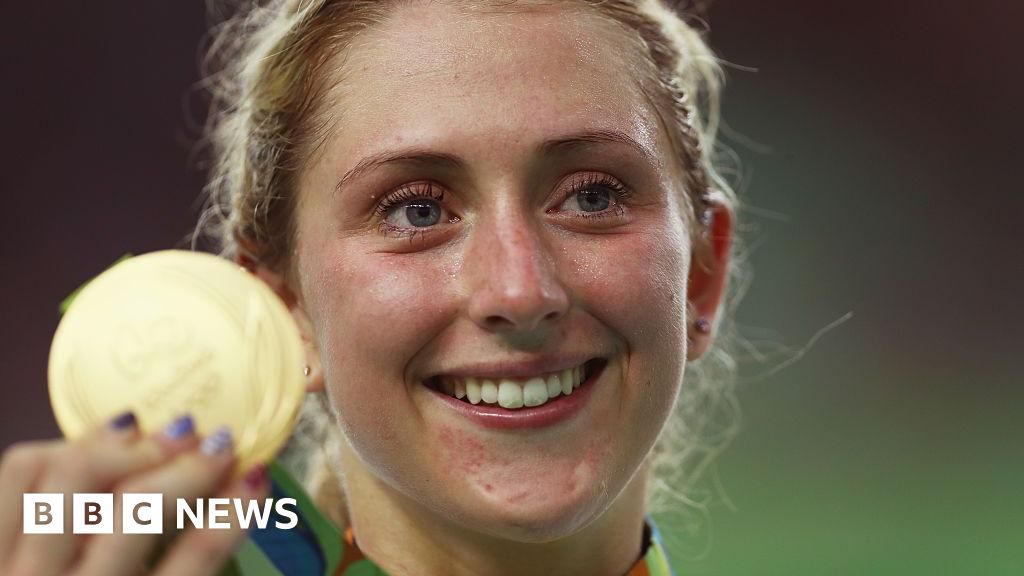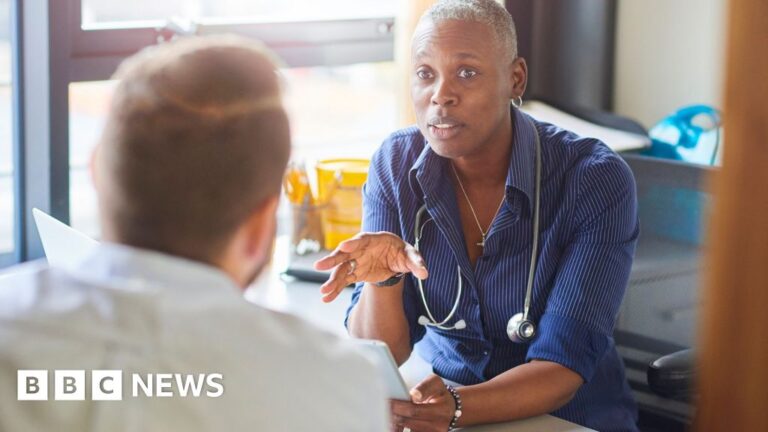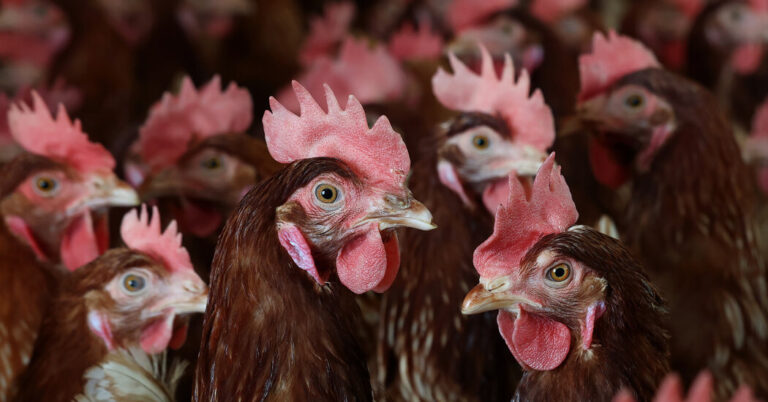Olympic gold-medallist Dame Laura Kenny is Britain’s most successful female athlete. She has two young boys but also had a miscarriage and an ectopic pregnancy, and has always wondered if the physical toll of elite sport had damaged her fertility. The BBC News Health team has investigated.
Dame Laura, 32, gave her body to cycling for more than a decade. She took it to the limit – if she wasn’t sick after a race she’d be like, ‘Did I try hard enough?’
That absolute commitment was rewarded in the velodrome. Two golds at the London 2012 Olympics were followed by two more at Rio 2016. She married fellow cycling phenomenon Jason Kenny later that year and the couple welcomed their first baby, Albie, in 2017. She then secured another gold and silver medal at the Tokyo Olympics (held in 2021).
But she miscarried in November 2021 and five months later had an ectopic pregnancy, in which the embryo implants outside of the womb, requiring emergency surgery.
“Everything was a shock – I went from being so in control of my body to being so out of control,” she told Radio 4’s Today programme.
Dame Laura had never really worried about her own fertility before. Conceiving Albie had been straightforward, and that pregnancy went smoothly. But since first talking publicly about her baby losses, other athletes have told her they have been through the same thing.
It’s left a nagging question – could elite sport have a damaging impact on the fertility of female athletes?
“Was my body just running on empty, and then it said, ‘Well, hang on, there’s no way we can do this?'” she says.
Miscarriage is common. About one in four pregnancies ends before 24 weeks and many occur at a very early stage. Most couples never find out why.
But are athletes at greater risk of any type of fertility problem? Dr Emma O’Donnell, an exercise physiologist at Loughborough University, says the lifestyle of a professional athlete puts a unique strain on the human body.
Elite training burns a phenomenal number of calories and, as a result, athletes’ bodies are often lean and muscular, containing very little body fat. If they don’t eat enough food to keep up with the calorie burn then issues with menstrual cycles, such as periods stopping for months or even years, are “very common”, Dr O’Donnell says.
Nearly two-thirds of female athletes experience interrupted periods, particularly in endurance sports. There are comparably high rates of periods disappearing in competitors in sports like gymnastics, ballet and figure skating. This compares to only 2-5% of the general population.
Absent periods can be a sign that ovulation (or egg release) isn’t happening.
“We’re not 100% sure,” says Dr O’Donnell, but the leading idea is that having a baby is so energy-intensive that the brain shuts off reproduction if it thinks there is insufficient spare energy.
It starts in the hypothalamus, a small structure in the centre of the brain that senses the nutritional state of the body. Sitting just underneath the hypothalamus is the body’s hormone factory – the pituitary gland. Normally, the gland releases hormones that travel down to the womb and ovaries to control the monthly menstrual cycle and the release of an egg, which makes pregnancy possible. But if the hypothalamus isn’t happy, this process breaks down and ovulation doesn’t happen.
“If you’re not ovulating you can’t have a baby. You can’t conceive because there’s no egg being released,” says Dr O’Donnell.
Athletes freezing their eggs
Lauren Nicholls played elite level netball for 10 years then had two children, before becoming coach of Super League champions Loughborough Lightning. She says the conversations current players have about fertility are different to the ones she had with her teammates.
“I know a few of the slightly older players – they’ve frozen eggs and made those decisions for their family for a later date,” she says. “Because they’re worried about their career.”
Juggling being an elite athlete and starting a family has always been a tricky challenge. For women, their years of peak fertility overlap with the time they hit their physical peak.
Male athletes are not immune to fertility issues. Burning more energy than you have coming in may affect testosterone levels, cause sperm abnormalities and even erectile dysfunction.
But for Dr Emma Pullen, a sports exercise researcher at Loughborough, the lack of definitive answers on the impact of elite sport is emblematic of how poorly female athletes have been researched, from fertility to injury risk.
How does exercise affect everyone else’s fertility?
Most men and women benefit from exercising and losing excess weight before trying to conceive – this is known to boost fertility. Regular physical activity reduces stress, improves sleep and makes periods more regular in those with the hormonal condition polycystic ovary syndrome (PCOS).
But amateur female athletes who train intensively can also end up running on empty and seeing their periods stop, or become irregular.
“Not to quite the same extent, but it’s there,” says Dr O’Donnell.
Source link




